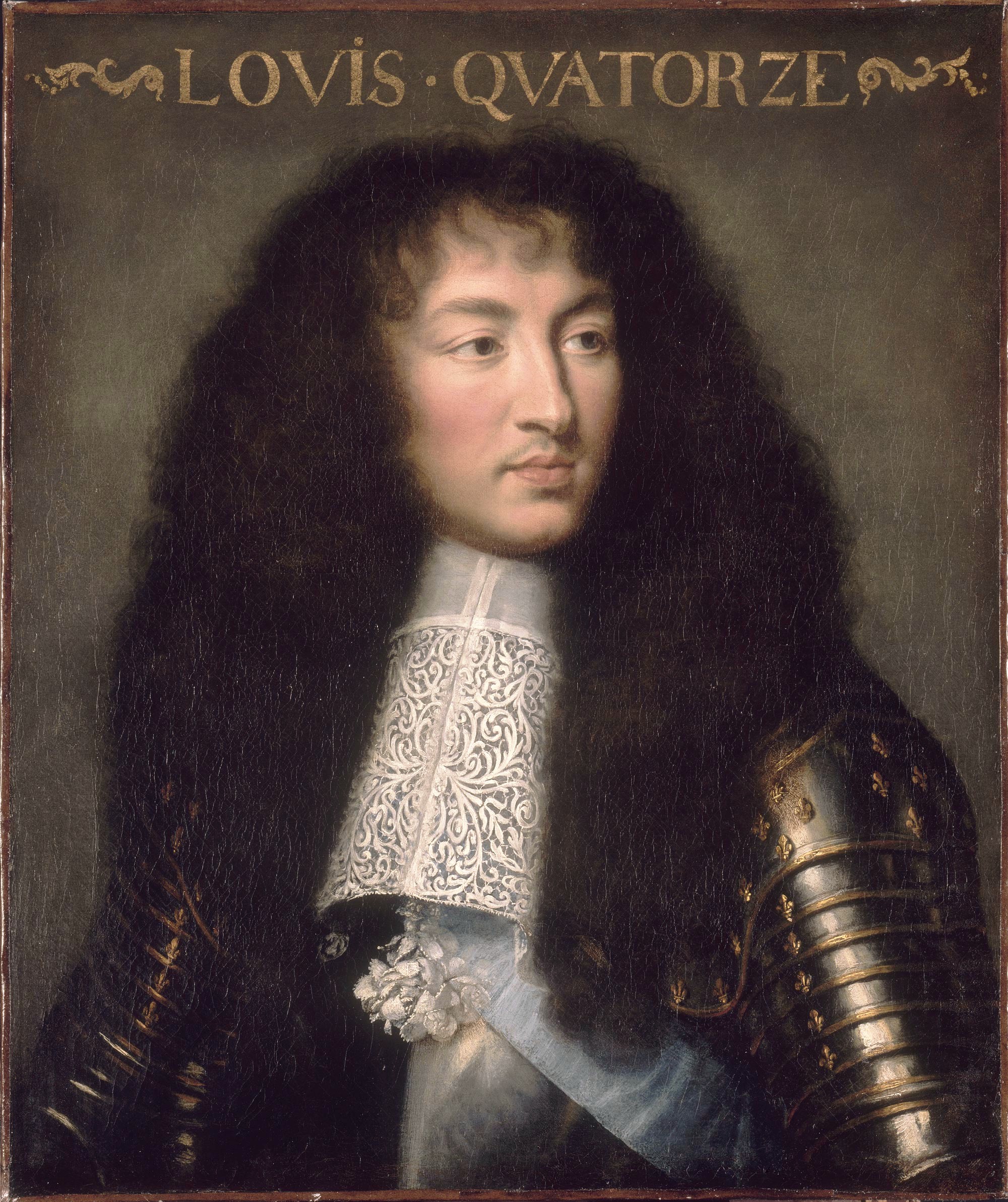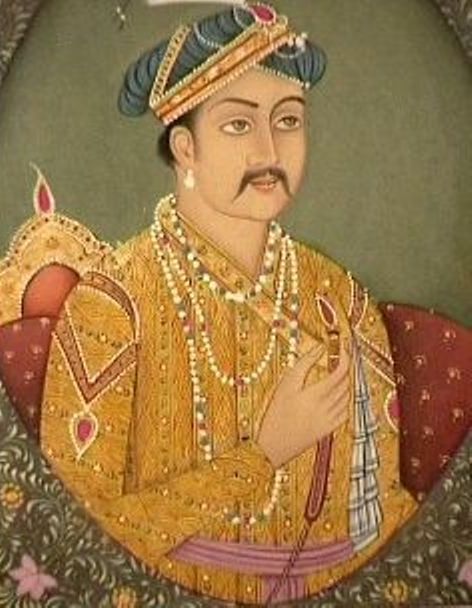Power is useless to have unless you also have control. People tend to assume that if someone is in a high position of authority, then they also have control.Throughout history, people who have been in power have failed to demonstrate control over what they had or themselves. Phillip II of Spain, Louis XIV of France, Charles I of England, Ivan IV of Russia, and Akbar of India are rulers of absolute monarchs and their management of control affected if their kingdom failed or not. An absolute monarchy is a form of government in which the ruler has complete power over the people. Although the rulers of absolute monarchs have complete power over their kingdoms, that does not necessarily mean that they have control over their kingdoms or themselves.
Phillip II of Spain believed in divine right, which is the belief that a ruler has the entitlement of their position because it is the will of God. Phillip II was also a devout Catholic, and he considered all ideas of the Protestant faith to be rebellious. Since Phillip II believed in divine right he had thousands of Protestants and heretics burned to death. Phillip II ultimately failed at wiping out the Protestant faith in the Netherlands, but that did not stop his ambitious quest of getting rid of the faith. Phillip II essentially began fighting wars against people of the Catholic faith and people of the Protestant faith. Spain, during the time of Phillip II reign, was flourishing economically, but because of the constant religious wars Phillip II insisted on fighting, the economy of Spain slowly began to decline resulting in bankruptcy. Since Phillip II could not control himself in fighting religious wars, he ended up causing his country to go into bankruptcy.
Louis XIV, known as "the Sun King", ruled France from 1643 to 1715 which is the longest reign in European history. Louis XIV was an exceptional leader when it came to promoting the arts, however he failed to sustain his exceptional ability when it came to self control. Louis XIV ruled with an iron fist and had complete power over his land. Louis XIV, like Phillip II, fought many wars mainly over land distribution disputes. As a result of the multiple wars Louis XIV got involved in, France went bankrupt. Like Louis XIV, Charles I of England ruled with an iron fist and tried to enforce rules regardless of what the public thought. Charles I also believed he had the divine right to do what he thought was best. In 1628, the English Parliament passed the "Petition of Right". The Petition of Right was a law that prohibited the king from acts such as unjust imprisonment and imposing taxes without permission from Parliament. In 1629, Charles I decided to terminate Parliament and break one of the rights by imposing taxes on the people. In a result to Charles I disregard for the people he lost control of the people because they began to rebel.
Ivan IV of Russia, commonly known as Ivan the Terrible, was a cruel tyrant who would do anything to get what he wanted. Ivan IV was called "Ivan the Terrible" because of his cruelness and his temper. Ivan IV despised treason and had anyone who was accused of this crime brutally tortured and killed. Ivan IV did not know how to control his temper, therefore historians have labeled him as a harsh tyrant that was "terrible." Akbar of India, know as "Akbar the Great", is an example of a leader of an absolute monarch that had
control. Although Akbar the Great was a ruler of an absolute monarch, he still listened to the input of the people and kept in mind what their specific needs were. As a result of Akbar the Great's control, he increased his land, satisfied the people, and became known as someone who was great.
Absolute monarchies are dependent on how the leaders rule. Leaders of absolute monarchies must have control over their power, otherwise it results in an unsuccessful kingdom. Phillip II of Spain, Louis XIV of France, Charles I of England, and Ivan IV of Russia displayed a lack of control in their monarchies. These rulers were given all the power they just did not control what they had. Akbar of India knew how to control the power he had which resulted in him running a successful kingdom. No matter how much power is given, control will always be vital in an absolute monarchy.
Works Cited
"The Age of Akbar." N.p., n.d. Web. 15 May 2014. <http://www.columbia.edu/itc/mealac/pritchett/00islamlinks/ikram/part2_11.html>.
"Charles I of England and Scotland, King and Martyr." N.p., n.d. Web. 15 May 2014. <http://justus.anglican.org/resources/bio/92.html>.
"Charles I of England." N.p., n.d. Web. 15 May 2014. <https://www.princeton.edu/~achaney/tmve/wiki100k/docs/Charles_I_of_England.html>.
Cherniavsky, Michael. "Ivan the Terrible as Renaissance Prince." N.p., n.d. Web. 15 May 2014. <http://www2.stetson.edu/~psteeves/classes/cherniavsky.html>.
Damerow, Harold. "Louis XIV Outline." N.p., n.d. Web. 12 May 2014. <http://faculty.ucc.edu/egh-damerow/louis_xiv.htm>.
Haarman, Susan. "Absolute Terror: Ivan the Terrible." N.p., n.d. Web. 15 May 2014. <http://academic.mu.edu/meissnerd/ivan-terrible.htm>.
Halsall, Paul. "The Rise of Absolutism." N.p., n.d. Web. 11 May 2014. <http://www.fordham.edu/halsall/mod/lect/mod04.html>.
"Phillip II and Government." History Learning Site. N.p., n.d. Web. 11 May 2014. <http://www.historylearningsite.co.uk/PhillipII_government.htm>.
Spielvogel, Jackson J. "The Theory of Absolutism." N.p., n.d. Web. <http://www2.stetson.edu/~psteeves/classes/louisxiv.html>.


.jpg)


No comments:
Post a Comment